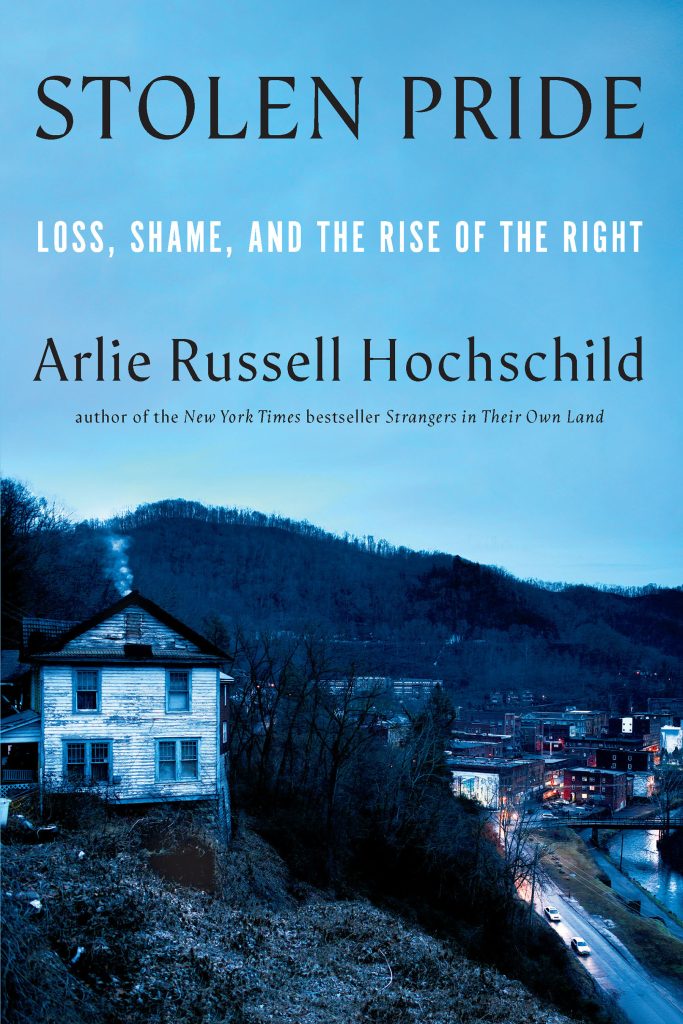The Institute of Social Sciences at the SWPS University in Warsaw and the Department of the Sociology of Work and Economic Sociology at the Institute of Sociology at the University of Wrocław are pleased to invite you to a lecture and discussion with Professor Arlie Russell Hochschild, Professor Emeritus of Sociology at the University of California, Berkeley.
The meeting will take place on-line on 12 December 2024 at 18:00–19:30. Registration is required. More information and registration here.
The seminar is inspired by Professor Hochschild’s book “Stolen Pride. Loss, Shame, and the Rise of the Right” (The New Press, 2024).
The publication comes at a time when the political agendas of the right-wing parties are gaining popularity in many countries around the world, including Europe and the US. Right-wing discourse feeds on a sense of loss and shame among those socially and economically marginalized by unleashed globalization, leading to the loss of well-paying and stable jobs and the disintegration of meaningful communities. The right blames this state of affairs and mobilizes political anger not only against liberal elites, but also against other excluded categories, including immigrants and ethnic minorities.
During the meeting, we want to talk about what is the “economy of pride and shame” that Professor Hochschild writes about in his book? What significance did it have during the US presidential elections? And what relevance can it have in contemporary Poland?

The summary of the lecture of Professor Hochschild
What happens, we can ask, when a sector of society faces economic and social decline, feels shame for that decline, and finds in a charismatic leader, a promise of restored pride? Furthermore, what happens when voters are told their pride, like the 2020 election, was “stolen” and are offered a chance for revenge, in exchange for the abandonment of democracy? In a close-up portrait of an Appalachian town – in the whitest and second poorest congressional district in the US—we see how this story unfolds. We focus on ways in which Donald Trump appeals to the pain of shame, through a powerful four-moment shame-shielding emotional narrative. In discussion, we explore whether and how this pattern plays out in other countries, including Poland, and what can be done.

